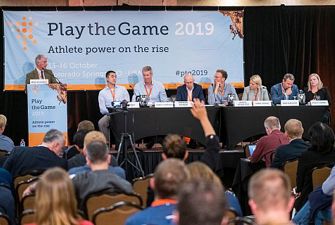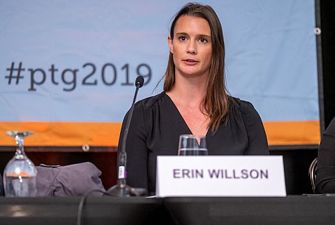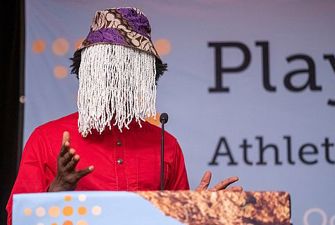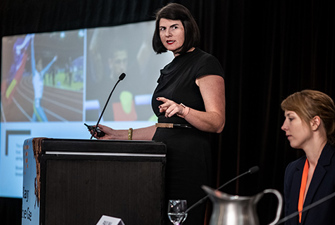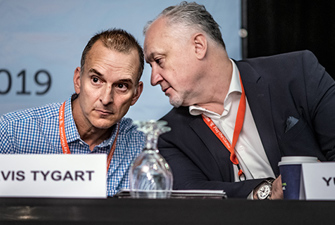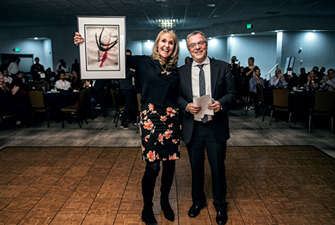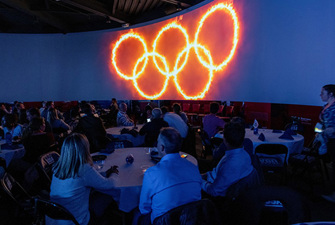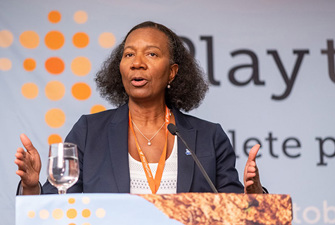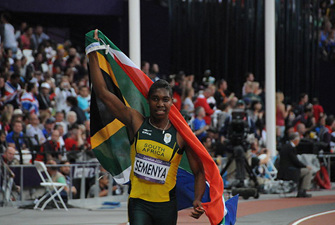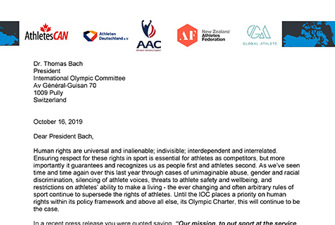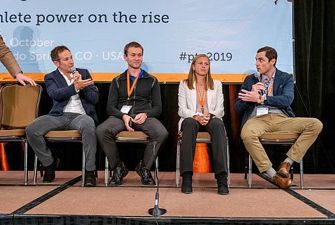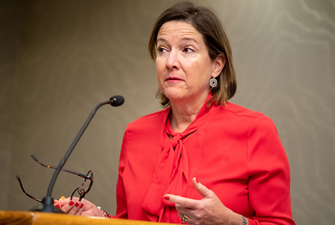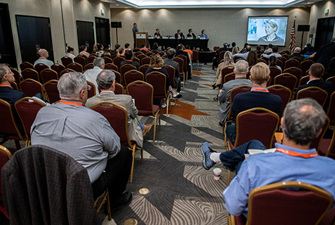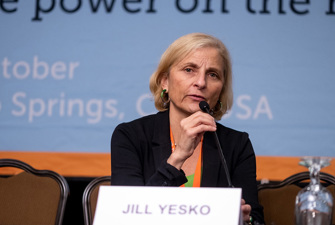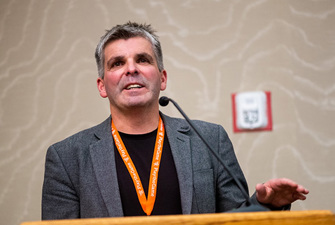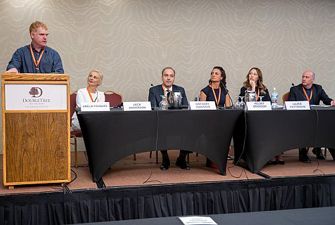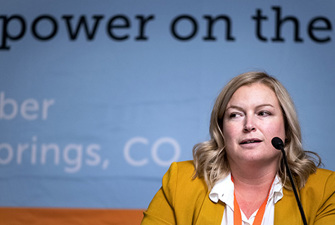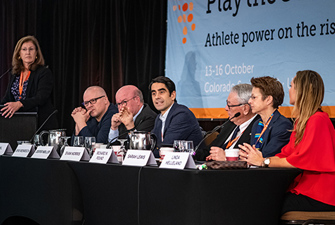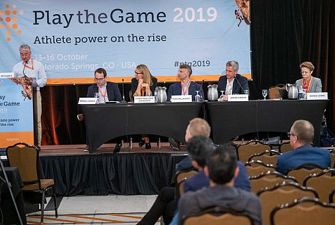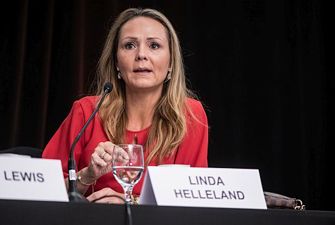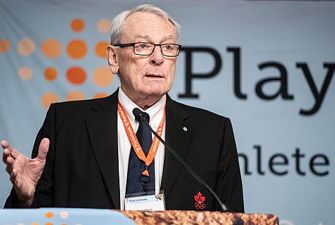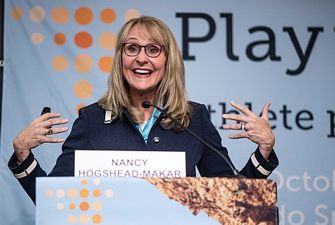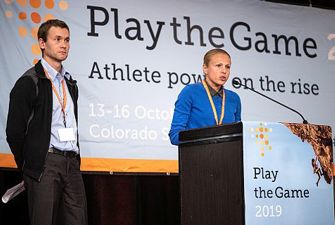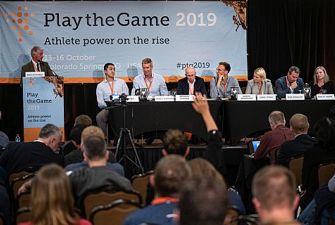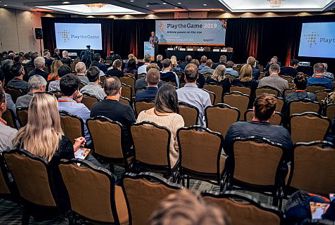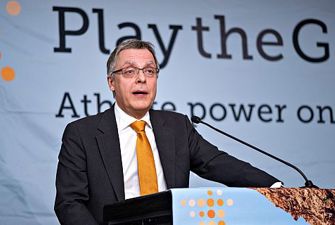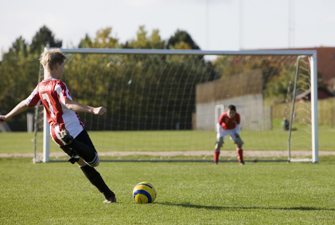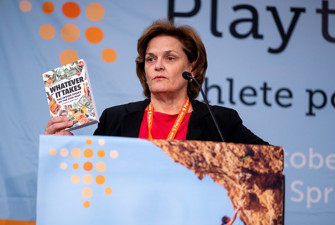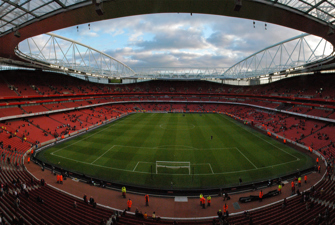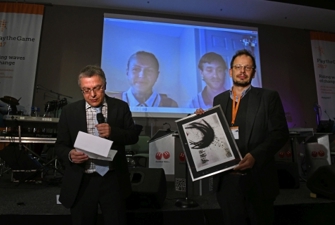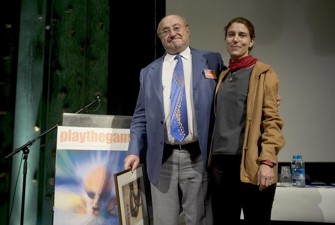Whistleblowing: Minimising the risks
Making the authorities aware of corruption and cheating can have serious consequences for the informant. At Play the Game 2019 top speakers shared experiences on whistleblowing and how to better protect whistleblowers and encourage them to come forward.
During the bidding process for the 2018 and 2022 FIFA World Cups, Australian Football Association (FFA) official Bonita Mersiades witnessed the squandering of millions of taxpayers’ dollars in payments on professional consultants who claimed to have the ear of FIFA officials. Despite spending almost 50 million dollars on the bid, the nation received just a single vote out of a possible 22.
Mersiades raised concerns about the vast amounts of money that had been being handed over to consultants. As a result, she lost her job. “It is a risky act,” she told Play the Game 2019. “You feel alienated and alone .You feel displaced. It can take an enormous toll. “
Since she went public, Mersiades said, she has been subject to an ongoing campaign of harassment. Fake social media accounts have been set up in her name, as well as fake websites and even bitcoin accounts. “I was accused of being bitter and twisted, incompetent, unreliable, not a team player, and being in it for the money,” she said. “I was constantly harassed.”
Campaign of harassment
“One thing that keeps you going is knowing why you did it,” she said. “I don’t regret it and yes, I would do it again”
The question of how we can protect whistleblowers was addressed by Damien Larin, World Anti-Doping Agency’s (WADA) Confidential Information Manager. He detailed a new WADA digital platform entitled “Speak Up” which allows athletes and others to file reports securely and if they prefer, anonymously.
The protection of informants and the development of relationships requires full-time dedicated personnel, Larin said. “Risk versus reward is evaluated,” he said. “Sometimes we get distracted by the ultimate goal but we must decide if it is worth it for the individual concerned.”
Leeds University’s Dr Laurie Patterson and USA Cycling’s Safe Sport Director Kelsey Erikson conducted extensive research on whistleblowers’ motivations and concerns. A total of 301 international athletes and 139 coaches were asked about the circumstances under which they would inform on their fellow athletes, and what factors might prevent them from doing so. All those questioned wanted to protect clean sport, but many were concerned about the consequences of their actions.
If they did not personally know the accused, the research showed, whistleblowers would be more likely to report them. Coaches had similar concerns. Often, however, the first action of a potential whistleblower would be to initiate a conversation with the accused. “Not everyone is going to blow the whistle on wrongdoing” Erikson pointed out.
Lack of understanding
The research also showed that the vast majority of whistleblowers would prefer to speak to a real person than deal with an automated system. They also need to know that they will be offered support after they blow the whistle.
“In general, there is a lack of understanding of what whistleblowing entails,” Erikson said. “And many lack the knowledge of who they should report to. Potential whistleblowers would like a phone number or a website. These do exist but many are unaware of them.”
“It is a lot easier not to be a whistleblower,” she said. “There needs to be an acknowledgement that it is a tough thing to do.”
Laurie Patterson detailed the determinants which, according to the research, can encourage or dissuade whistleblowers. Motivations are complex, she said, and often involve an internal conflict between logic and emotion.
Over 70 percent of those surveyed knew that they had a duty to report, she said, although athletes were less aware than coaches. Potential whistleblowers were also worried about repercussions, including both public and media reactions and many were unaware of how they would be protected.
Potential whistleblowers, Patterson said, were also concerned about the harm they might cause to the accused. Eighty percent were more likely to report if their identity was protected, while only 50 percent said that they would feel proud of themselves afterwards. Both athletes and coaches would benefit from more knowledge and training, Patterson said.
